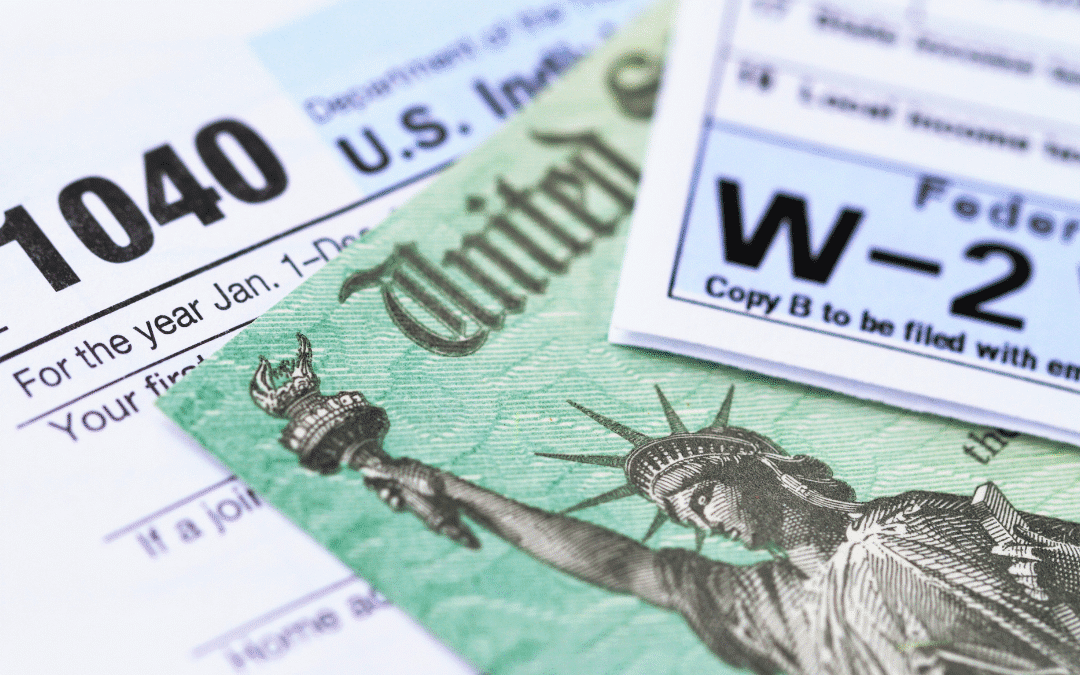- Signed March 27, 2025, by Governor Tate Reeves, the Build Up Mississippi Act aims to phase out the state’s 4.4% flat personal income tax over ~10 years, reduce grocery sales tax, raise gasoline taxes, and allow local grocery tax adjustments.
- The goal is to boost economic competitiveness, attract businesses and workers, and align with states like Texas, Florida, and Tennessee that have no income tax.
Tax Cuts
- Personal Income Tax Phase-Out
- Begins in 2027, with a 0.25% annual rate reduction through 2030 (from 4.4% down to 3%).
- After 2030, further reductions depend on revenue growth, potentially eliminating the tax by the mid-2030s.
- State Grocery Sales Tax Reduction
- Dropped from 7% (highest in the nation) to 5%, effective July 1, 2025.
- Intended to help lower- and middle-income households
Tax Increases
- Gasoline Tax Increase
- Rising from 18.4¢ to 27¢ per gallon by July 2027, phased over two years.
- Revenue will be used to fund roads, bridges, and infrastructure.
Local Control: Grocery Tax Adjustments
- Municipalities or counties may impose or increase local grocery taxes, but must do so through a public referendum.
- Any combined state + local grocery tax rate must not exceed 7% (the former state rate)
- Critics warn that these new local taxes could offset state-level savings and burden low-income households.
Safeguards & Concerns
- Revenue triggers ensure income tax cuts post-2030 only occur if revenues exceed projections.
- A drafting error in the trigger formula may have unintentionally accelerated the phase-out; corrective legislation is anticipated.
- Supporters cite Mississippi’s $700 million 2024 surplus as a financial justification.
The Act represents a bold shift toward a low-tax Mississippi, offering potential benefits such as increased competitiveness and tax relief. However, its success hinges on:
- Responsible state budgeting to accommodate revenue losses.
- Monitoring local governments to avoid eroding grocery-tax relief with new local levies.
- Alignment between projected revenues and actual economic growth.
Overall, it’s a high-stakes move that could significantly reshape Mississippi’s fiscal landscape, depending on its implementation, oversight, and actual economic performance.
Read the full article by Dana Criswell, Explanation of the Build Up Mississippi Act.


